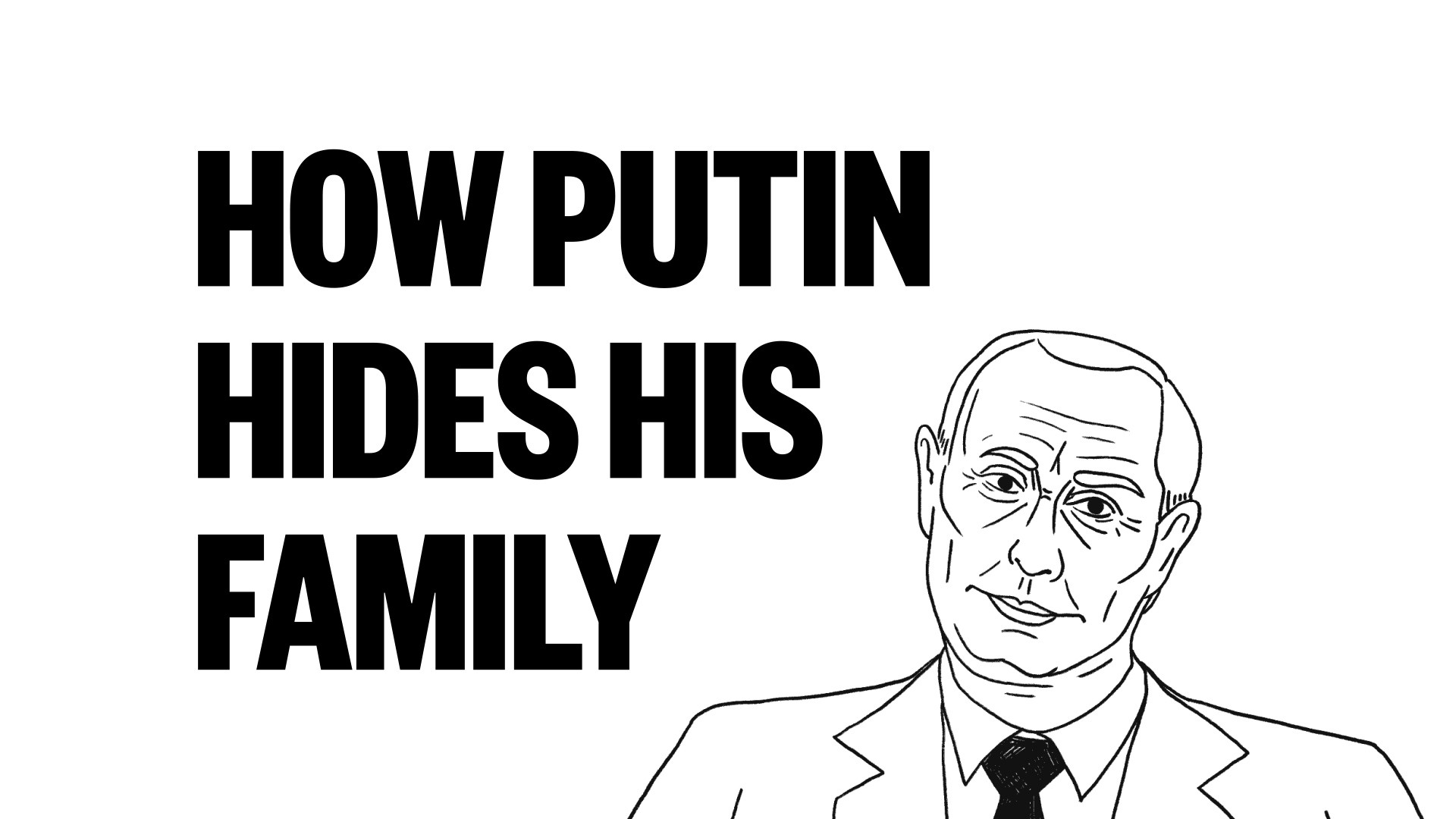President Donald Trump shocked lawmakers when he announced he wouldn't be slapping new sanctions on Russia. A few hours later, he turned the Treasury Department's Congressionally-mandated and much-feared “Kremlin Report” into what observers called a toothless hybrid of Forbes Magazine’s richest Russians list and an internal Kremlin directory.The series of events that unfolded Monday, analysts and former government officials told VICE News, amounts to the White House giving Russian President Vladimir Putin a big, friendly pass. (Russia’s stock market seemed to agree: rising Tuesday in relief over the news from D.C. despite earlier fears of a selloff.)“The Trump administration has allowed Russia to dodge not only the most dangerous bullets in this sanctions bill, but has allowed Russia to effectively dodge almost all of them entirely,” Max Hess, Political Risk Analyst for AKE Group, told VICE News.Much had been made of a so-called Kremlin Report — a name-and-shame document mandated by Congress that had caused tremors of fear in Moscow. Rich Russian oligarchs had sent lobbyists and lawyers scurrying down the corridors of power in Washington D.C. in an attempt to keep their names out of it, for fear that it could function as an effective blacklist. The danger, Russia-watchers said, was that being named in the list might turn your average Russian billionaire into a financial leper.But in a statement issued minutes before midnight Monday, Trump’s Treasury Department, instead, apparently cribbed from Forbes magazine’s list of Russian oligarchs, and published it wholesale alongside an indiscriminate laundry list of senior officials who work inside the Kremlin.Read: Radioactive oligarchs: Russia’s richest are staging a $1 trillion freak-outThe list is “a missed opportunity and a disappointment,” Ambassador Daniel Fried, former coordinator of sanctions policy at the State Department. “It undercut the clear purpose” of the law.“I don’t know why the administration chose to go another route and simply slap something together. It’s odd,” he said.“I’m surprised and dismayed,” Fried said. “It’s a wasted opportunity.”Democratic Senator Claire McCaskill called the move nothing short of a “constitutional crisis.” Democratic Representative Eliot Engel, Ranking Member of the House Committee on Foreign Affairs, also blasted the administration.“They chose to let Russia off the hook yet again,” he said in a statement. “They’ve now shown they won’t act, so it’s time for Congress to do more.”One Washington sanctions lawyer, however, said that simply being on the list could still, potentially, cause headaches in the financial lives of Russian billionaires.“I'm sure some financial institutions and/or counterparties in business ventures will look at the report and, at a minimum, subject the parties to enhanced due diligence, if not avoid dealing with them altogether,” Erich Ferrari, founder of Ferrari & Associates, of a boutique sanctions-focused law firm, wrote in an email to VICE News. “Some of the parties are already sanctioned.”Smith, the former Treasury Department official, said mid-level experts within Treasury’s Office of Foreign Assets Control, or OFAC, may have simply been following the law as they best understood it, while attempting to institute objective standards about who would be included the list.“OFAC responds to political leadership, but it’s completely non-politicized itself,” Smith said. He pointed to sanctions the Treasury implemented against Russia’s deputy energy minister Andrey Cherezov and 20 other people just last Friday.But the Treasury's broad, undetailed list followed another apparent walk-back from the Trump administration earlier the same day. The sanctions bill passed by the Senate in a 98-2 to vote last July gave Trump the option to slap sanctions on defense and intelligence firms. But on Monday, a State Department spokesperson announced it would not enact sanctions on anyone for the time being, saying the mere threat of sanctions appeared to be enough of a “deterrent.”.Analysts said the ultimate impact was to give Russia a pass on sanctions that had been mandated by Congress by effectively performing the acceptable minimum. What remained to be determined, they said, was the administration’s motivation.“It feels like the Trump administration has taken the most lenient, unserious possible approach here. Given there's effectively no incentive in U.S. politics to tread softly on Russia, the 'why' remains a mystery,” the authors of Bear Market Brief, a Russia-focused newsletter, wrote.Cover Image: U.S. President Donald Trump and Russian President Vladimir Putin talk during a break in a session of the APEC summit in Danang, Vietnam November 11, 2017. (Sputnik/Mikhail Klimentyev/Kremlin via REUTERS)
Advertisement
“At first glance, the lists look to me like the Forbes list and the Kremlin phone book,” said Adam Smith, former senior adviser to the director of the Treasury Department’s Office of Foreign Assets Control and now a partner at the law firm Gibson, Dunn & Crutcher. “The immediate implications of being on this list appear to be minimal, because all this information was already in the public realm.”“It’s a wasted opportunity.”
Advertisement
The original legislation had called for Treasury to map the business empires of Russian oligarchs, and chart their relationships to Putin and “indices of corruption” — along with documentation of the wealth that had been passed off to family members. But the law also allowed for a classified annex.Any controversial details, apparently, were shunted into the classified section, because the final document made public offered no major revelations and instead listed seemingly everyone in Putin’s government, along with all Russians possessing more fortunes over $1 billion.“By naming the whole Russian government, presidential administration & all Russian billionaires, the Trump administration has undermined & ridiculed the U.S. sanctions on Russia,” Anders Aslund, a critic of Russian President Vladimir Putin and former advisor to the Russian government under previous president Boris Yeltsin, wrote in an email to VICE News. “This is what I feared. It looks as if @realDonaldTrump has taken orders from Putin.”“This is what I feared. It looks as if @realDonaldTrump has taken orders from Putin.”
Advertisement
Advertisement
